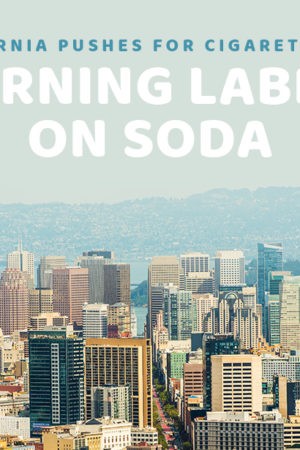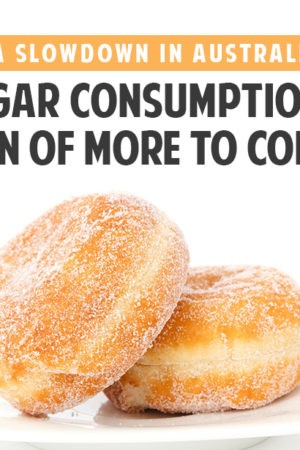The idea of a tax on soda has been making its way into the legislatures of many American cities. After an expensive showdown a few years ago in Berkeley, in which grassroots activists trounced the multimillion-dollar lobbying efforts of the beverage industry and passed one such tax, similar bills have turned up across the country. Emulating nationwide taxes in countries like Mexico and France, these proposals are meant to combat the popularity of sugary drinks and their contribution to the epidemic of obesity in the United States. Recognizing this growing trend, however, the industry’s trade group, the American Beverage Association (ABA), has begun a large-scale campaign to stop it in its tracks.
Yes! to Affordable Groceries
The beverage industry’s renewed lobbying efforts began in the wake of the most recent soda tax, which took effect in January in Seattle. In February, “Yes! to Affordable Groceries” registered as a ballot committee backed by the ABA. “This is the first step in the process to explore a statewide ballot measure that will keep groceries affordable and free of new local taxes,” said Jim Desler, a spokesman for the committee.1
Indeed, the expressed purpose of the absurdly-titled committee is not to repeal old soda taxes, but to prevent new ones from being enacted. And so far, these and similar strategies by the industry are working. At the end of March, Governor Doug Ducey of Arizona signed a bill into law that outlaws these taxes anywhere in the state, and in doing so quashes any potential local movements before their inception.2
Big Soda Fights Back
Bills like this one, the products of expensive lobbying, and organizations like Yes! to Affordable Groceries represent a new direction in the soda industry’s defensive tactics. Its attempts to throw money at the problem in individual cities like Philadelphia and Seattle failed spectacularly, and so it has turned to the states to preempt the problem before it spreads. The Arizona bill, and a similar one in Michigan, were quietly pushed through in a matter of weeks.3
Likewise, the ballot committee in Washington state represents an attempt to turn our attention away from soda itself and to convince us that any such tax is the first step on a slippery slope towards new taxes on meats, vegetables, and whatever else they can get us to imagine. Their website describes them as “a group of citizens, businesses, and community organizations actively opposing new taxes on everyday grocery items.”4 With the spread of local movements to rein in obesity, the soda industry is becoming more sophisticated in its opposition. Those in favor of the tax should act quickly before it becomes impossible.
NUTRITIONAL DISCLAIMER
The content on this website should not be taken as medical advice and you should ALWAYS consult with your doctor before starting any diet or exercise program. We provide nutritional data for our recipes as a courtesy to our readers. We use Total Keto Diet app software to calculate the nutrition and we remove fiber and sugar alcohols, like erythritol, from the total carbohydrate count to get to the net carb count, as they do not affect your blood glucose levels. You should independently calculate nutritional information on your own and not rely on our data. The website or content herein is not intended to cure, prevent, diagnose or treat any disease. This website shall not be liable for adverse reactions or any other outcome resulting from the use of recipes or recommendations on the Website or actions you take as a result. Any action you take is strictly at your own risk.
- California Pushes for Cigarette-Like Warning Labels on Soda - July 1, 2019
- Is a Slowdown in Australia's Sugar Consumption a Sign of More to Come? - June 24, 2019
- Groundbreaking Study Says the Sugar Rush Doesn't Exist - June 12, 2019































